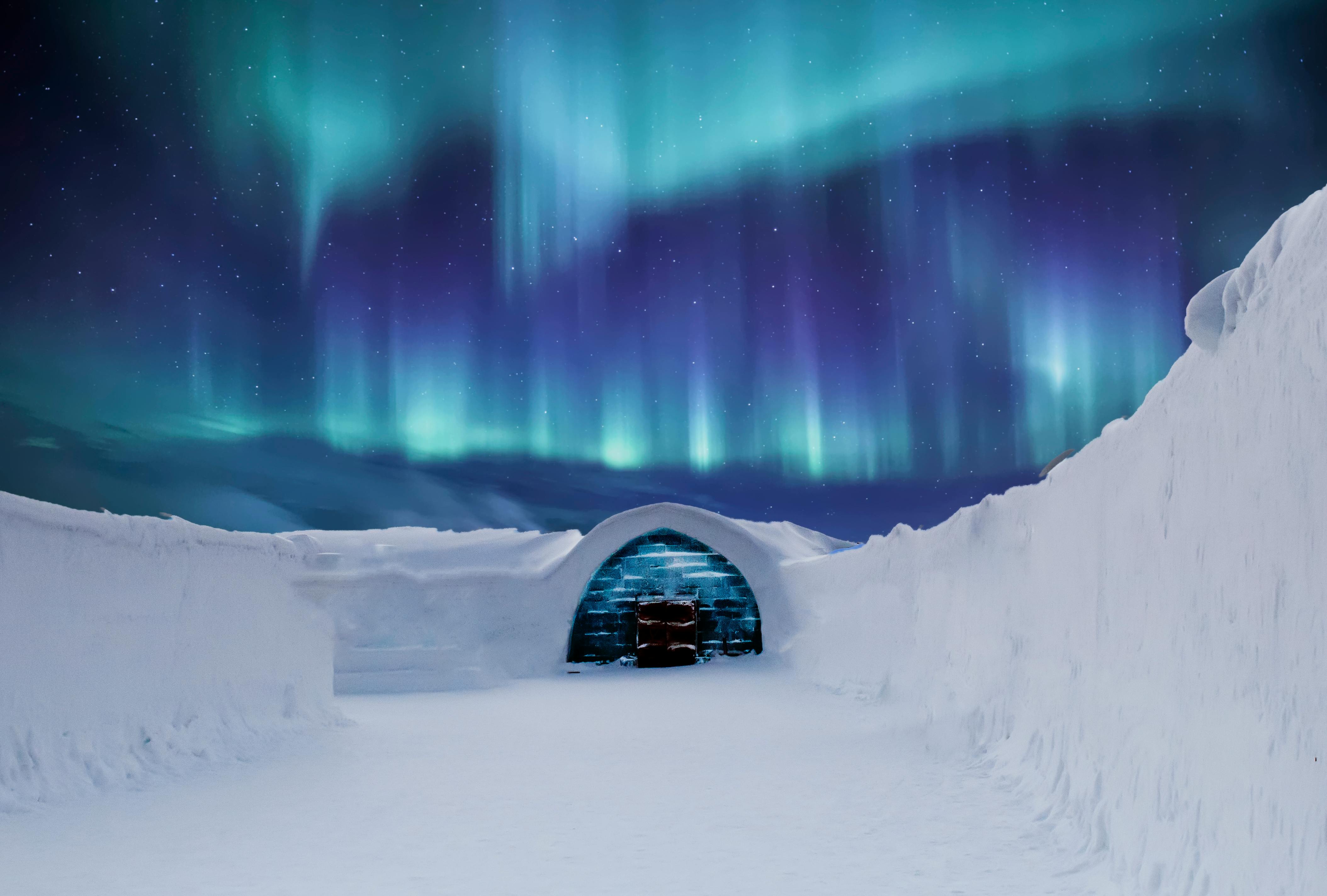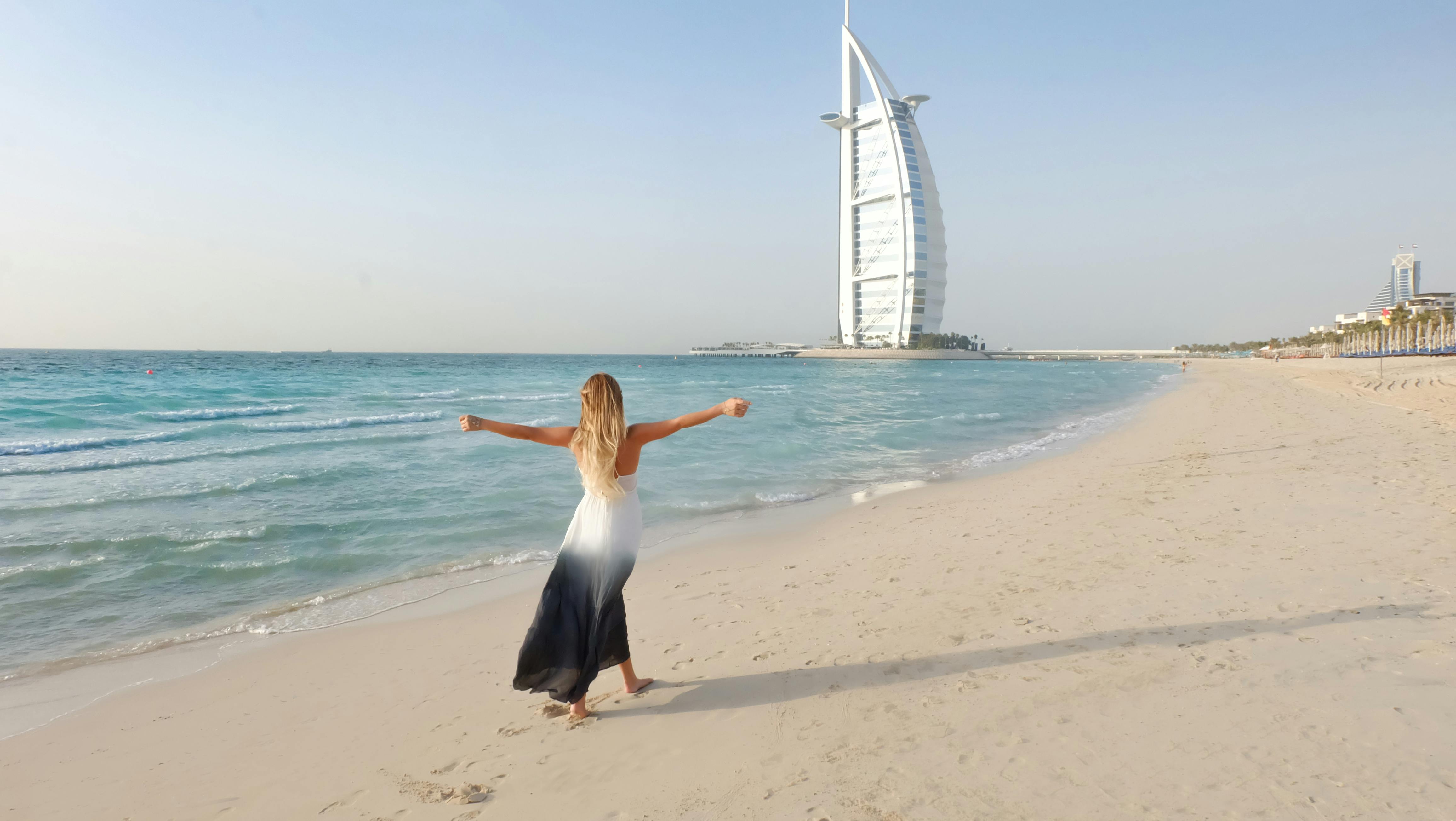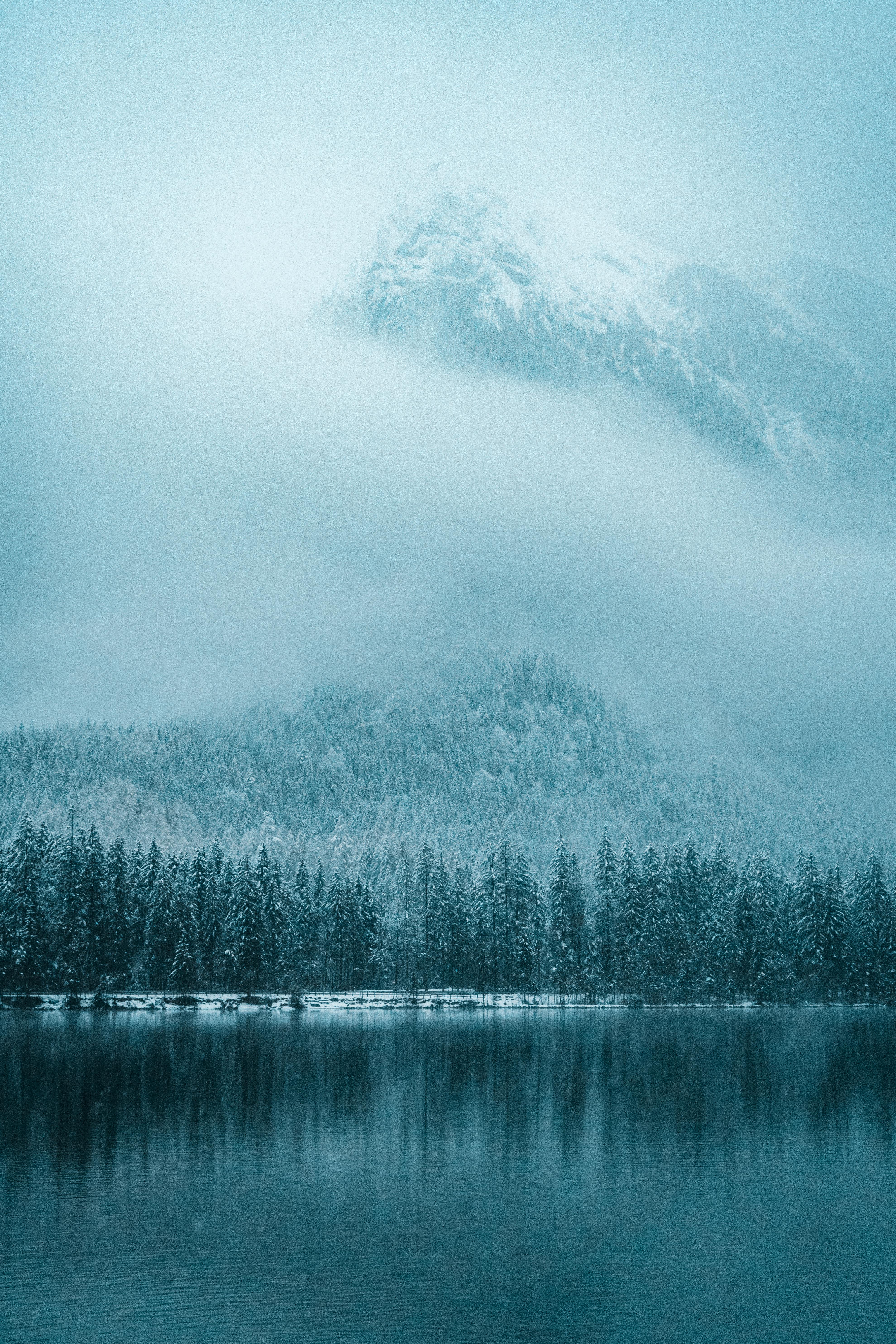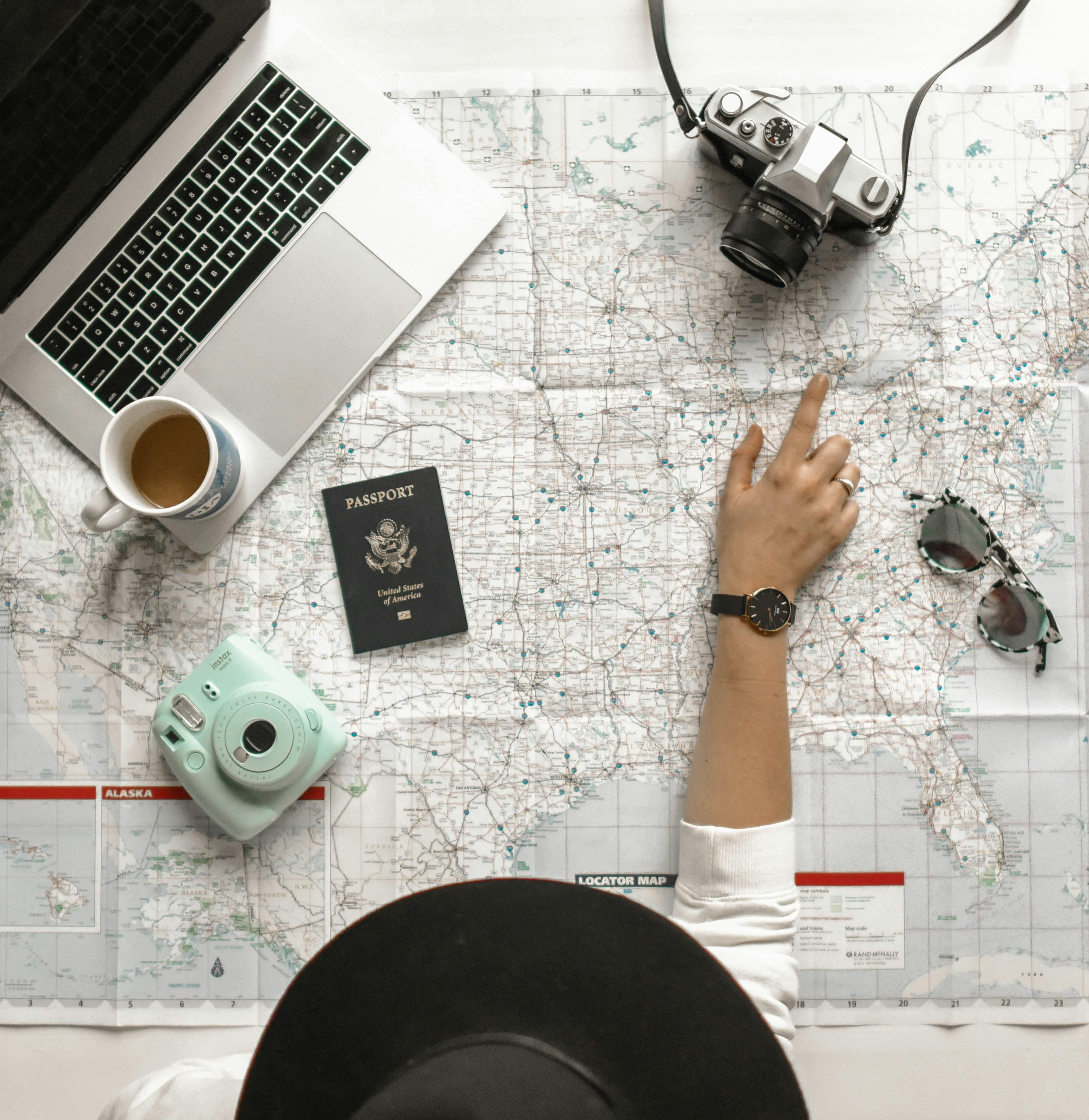Where Curiosity Takes You
An Introduction to Calm Travel

The journey of discovery begins not with a destination, but with a mindset. In a world where travel often becomes a frantic checklist of must-see attractions, there exists an alternative approach—one centered on mindfulness, curiosity, and genuine connection. This is not about racing from one landmark to another, but rather about immersing oneself in the subtleties of place and culture.
Mindful travelers find themselves drawn to the quiet corners of the world, where authenticity prevails over popularity. From the cobblestone streets of sleepy European towns to the meandering trails of ancient forests, these destinations offer space for reflection and wonder. The calm traveler understands that the most memorable experiences often occur in moments of stillness, when we allow ourselves to simply be present in an unfamiliar setting.
The Coastal Journey
Coastal travel offers a rhythm all its own—the constant conversation between land and sea creates an environment of perpetual change and timeless consistency. Shorelines invite contemplation, whether you're walking along pristine beaches at dawn or watching fishing boats return with their daily catch. The ocean's vastness reminds us of our place in the world, offering perspective that can be difficult to find elsewhere.
Coastal communities often maintain distinct cultural identities shaped by their maritime heritage. Here, travelers can learn about traditional boat-building techniques, sample seafood prepared according to recipes passed down through generations, and understand how life adapting to the sea's moods shapes local philosophies and traditions.

Mountain Explorations
Mountains stand as nature's monuments, inviting us to venture higher and see the world from new perspectives. The journey upward—whether a gentle woodland hike or a challenging alpine ascent—creates natural opportunity for introspection. As the air thins and views expand, travelers often report a corresponding shift in thinking: problems that loomed large in daily life find proper scale when viewed from elevation.
Mountain communities have developed fascinating adaptations to their environments. Traditional architecture, agricultural practices, and seasonal celebrations all reflect the unique challenges and opportunities of highland living. The thoughtful traveler discovers how altitude and isolation have preserved cultural practices that might have disappeared elsewhere, creating living museums of human ingenuity.

Cultural Immersion
Cultural travel transcends simple sightseeing to become an education in human diversity. By approaching unfamiliar customs and traditions with respectful curiosity, travelers gain insights impossible to glean from guidebooks alone. Shared meals become language lessons; market visits transform into economic education; religious observations offer windows into spiritual worldviews different from our own.
The mindful cultural traveler moves slowly, allowing time for genuine connections to form. Rather than photographing a traditional ceremony and hurrying to the next attraction, they might sit quietly on the periphery, observing the subtle interactions and emotional currents that reveal deeper meanings. Such patience yields rewards: invitations to private homes, spontaneous conversations with elders, and the quiet pride of locals sharing their heritage with an appreciative visitor.
"Travel is not about checking destinations off a list, but about uncovering the layers of our world—and ourselves—through thoughtful exploration."
Planning for Meaningful Exploration
Thoughtful travel begins with intentional preparation. Rather than overwhelming itineraries that leave no room for serendipity, the calm traveler creates loose frameworks that allow for unexpected discoveries. Research focuses on cultural context and historical background rather than "top ten" attractions. Some travelers use services such as avaibook to manage their trip details in one place, especially when planning multiple stays, allowing more mental space to remain present during the journey itself.
The reflective traveler also packs differently—journals for recording observations, reference books about local ecology or history, perhaps sketching materials for capturing impressions beyond what a camera can document. Physical preparation might include learning basic phrases in the local language or developing the stamina needed for extended walking tours through historic districts.

Learning Through Travel
At its best, travel functions as an immersive educational experience, challenging our assumptions and expanding our understanding of both humanity and the natural world. The knowledge gained through firsthand experience—how light changes throughout the day in a desert landscape, how a crowded city market organizes itself, how facial expressions communicate across language barriers—creates neural pathways no classroom could replicate.
Many travelers return home with newfound appreciation for their own cultures and environments, seeing familiar surroundings through fresh eyes. This is perhaps the greatest gift of mindful exploration: the ability to bring heightened awareness back into everyday life, maintaining the curious mindset of a traveler even in familiar settings.

As you explore the resources TerraVista offers, we invite you to consider travel not merely as recreation, but as an opportunity for growth, connection, and deeper understanding of our complex, beautiful world. The destinations themselves matter less than the spirit in which you approach them—with openness, respect, and genuine curiosity about all you might discover.